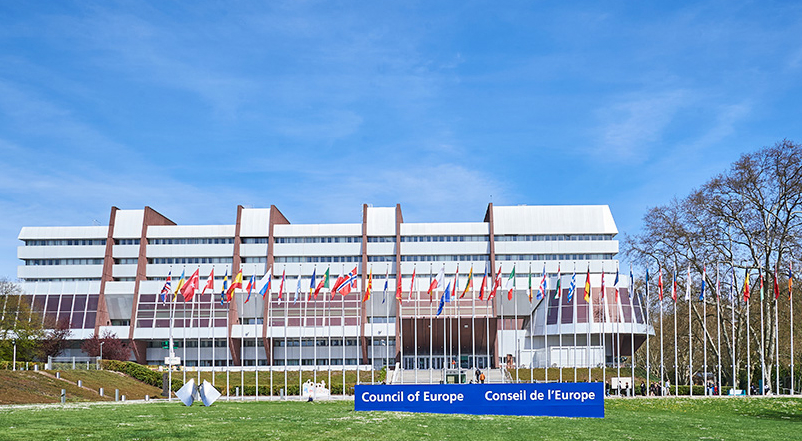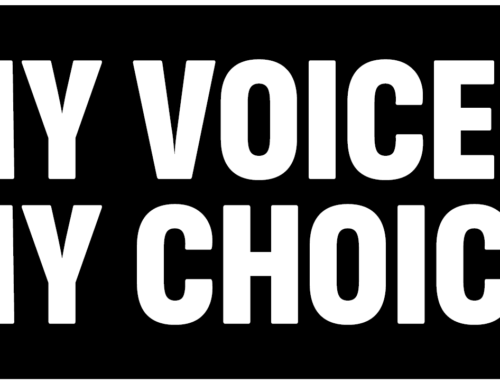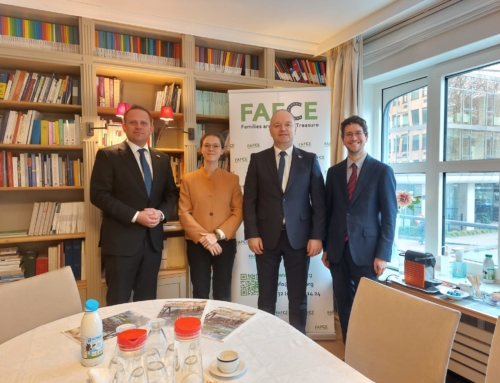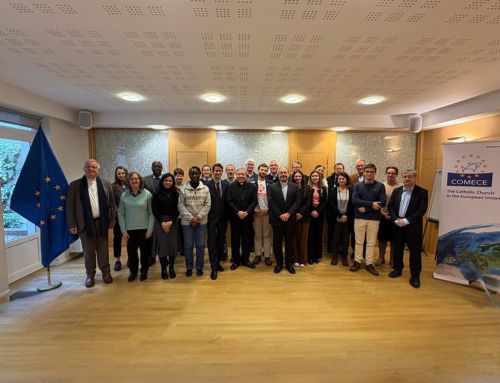Strasbourg, 07 October 2025
Council of Europe 2025 thematic guidance note on “Safeguarding children from the risks of accessing online pornographic content”
FAFCE welcomes with great enthusiasm the work and the dedication of the Council of Europe Division on Children’s Rights for their excellent work published this summer 2025 on the thematic guidance note on the risks of accessing online pornographic content for children. It is a guidance booklet of 37 pages divided in two sections:
Firstly, it explains “why there is a need to safeguard children from pornography” pointing out the devastating consequences it has on the mental health of children and their relationship with each other.
Secondly, it provides concrete guidance to member States of the Council of Europe to safeguard children from the risks of accessing online pornographic content. The guidance is divided in six different areas, beginning on how to:
- provide proactive, coordinated, considered leadership;
- establish an appropriate legislative and regulatory framework;
- educate and equip parents and caregivers.
A guidance for parents and families
The report also deals with the training and equipment of professionals. Finally, the guidance also discusses how to educate and support children and how to use research and innovation in that way.
In line with the steady call that FAFCE makes to protect children, the guidance recalls that “there is an urgent need to safeguard children from exposure to such content and to educate and support them, their families and caregivers, and their communities, including schools and other community and civil-society services”.
Pornography is a public health issue
FAFCE welcomes the research and evidence collection on the fact that “viewing online pornography has a range of negative impacts, including an increase in aggressive attitudes and behaviours, especially towards women and girls, a possible impact on mental health and self-esteem, and a risk towards developing compulsive use”.
FAFCE has been highlighting for decades that pornography is a public health issue. Therefore FAFCE would like to point out that this report of the Council of Europe also explains in detail the different physical, psychological, social, and emotional impacts that the access to pornography has on children. For example:
- “it can cause confusion and distress, particularly among young children,
- it can lead to viewing themselves as sexual objects, body dissatisfaction and anxiety,
- it may also contribute to a risk of developing compulsive pornography use,
- it perpetuates harmful gender stereotypes, especially impacting young women and girls by reinforcing subservient roles and the idea that women’s primary role is to please men.
- It may also reinforce an unhealthy dominant idea that young men and boys are sexually superior, and that they are entitled to sexually abuse others.
- Research shows that repeated exposure to pornography can contribute to viewing women and girls as sex objects, a trend that also affects relations among adolescents.”
Lastly, in line with the European Child Shield Platform, a network gathering legal and medical experts on pornography and more than 30 NGOs working in prevention and addiction support from 19 EU Member-States, the Council of Europe guidance report calls on Member States to actively “support research that focuses on understanding pornography’s harms to boys and girls”.
Read more on FAFCE’s latest work ensuring the safety of minors online:
- 2025 PRESS RELEASE : FAFCE Conference on protecting children from online threats
- 2025 FAFCE’s intervention at the European Parliament on Child exposure to pornography
- 2025 FAFCE’s Unique Public Intervention at the UN in New York: Protecting Children from Online Pornography
- 2024 FAFCE Comment on UN Treaty on Cybercrime
- 2024 European Child Shield Platform publishes advocacy document
- 2024 On #SaferInternetDay, we reiterate our calls for digital safety
- 2024 FAFCE welcomes extension of measures for a better protection of minors in the EU







